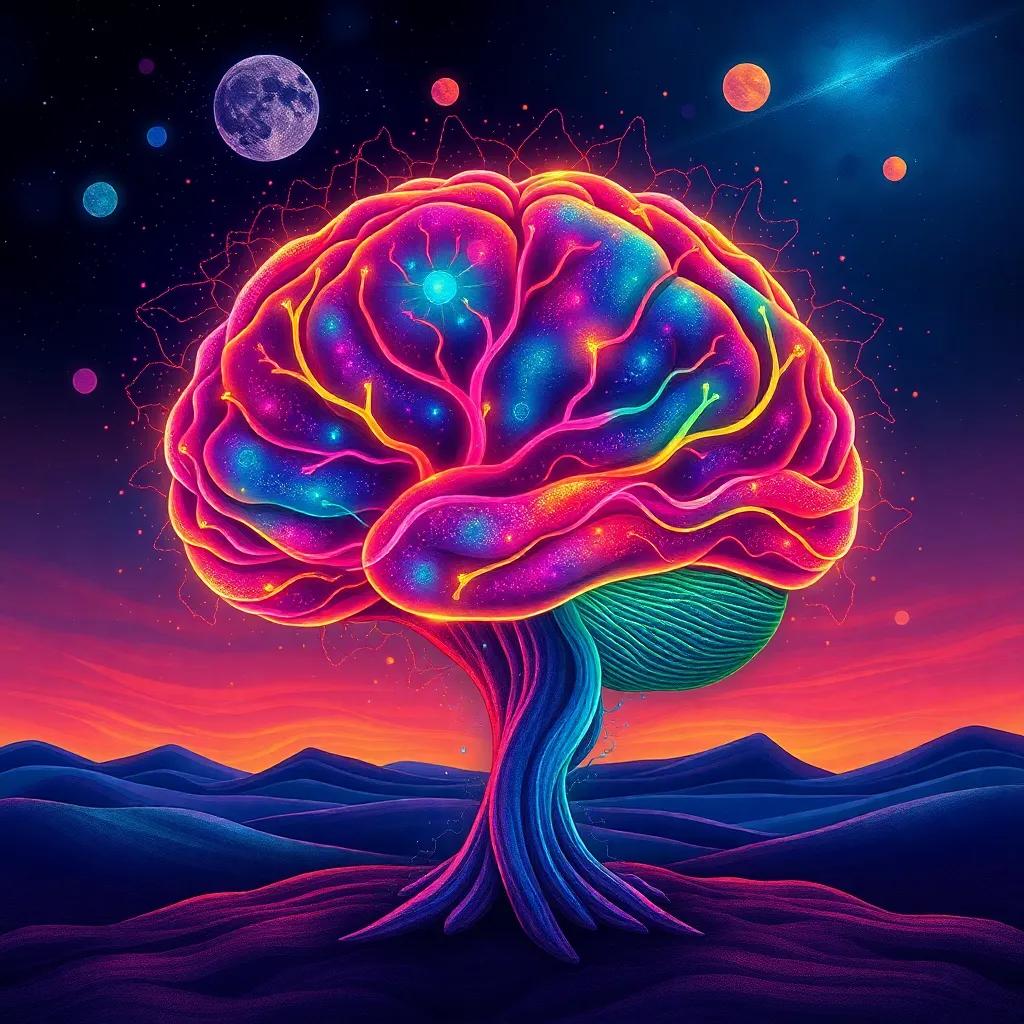Explore the science behind psychedelic-assisted therapy, its applications in treating PTSD, depression, and addiction, and how to access it through clinical trials and professional therapy.
Psychedelic-assisted therapy is emerging as a groundbreaking approach to mental health, offering new hope for those struggling with PTSD, depression, and addiction.
Introduction to Psychedelic-Assisted Therapy
Psychedelic-assisted therapy is a form of treatment that uses psychedelic substances, such as psilocybin (found in magic mushrooms) or MDMA (commonly known as ecstasy), in conjunction with psychotherapy. This approach is gaining traction in the medical community for its potential to treat a variety of mental health conditions, including PTSD, depression, and addiction.
According to a study published in the Journal of Psychopharmacology
, psilocybin-assisted therapy has shown significant promise in reducing symptoms of depression and anxiety in patients with life-threatening cancer. The study, conducted by researchers at Johns Hopkins University, found that a single dose of psilocybin, when administered in a controlled therapeutic setting, led to substantial and sustained improvements in mood and quality of life.
How Psychedelic-Assisted Therapy Works
Psychedelic-assisted therapy typically involves a series of sessions where the patient is administered a psychedelic substance under the supervision of a trained therapist. The therapist guides the patient through the experience, helping them to explore and process their emotions, memories, and thoughts.
Dr. Robin Carhart-Harris, head of the Centre for Psychedelic Research at Imperial College London, explains, Psychedelics can temporarily disrupt the default mode network in the brain, which is associated with self-referential thoughts and the ego. This disruption allows patients to break free from rigid patterns of thinking and gain new perspectives on their lives.
Applications in Treating Mental Health Conditions
Psychedelic-assisted therapy has shown particular promise in treating PTSD. A phase 3 clinical trial conducted by the Multidisciplinary Association for Psychedelic Studies (MAPS) found that MDMA-assisted therapy significantly reduced PTSD symptoms in participants, with 67% no longer meeting the criteria for PTSD after three sessions.
Similarly, psilocybin has been found to be effective in treating depression. A study published in Nature Medicine
reported that psilocybin therapy led to rapid and sustained reductions in depressive symptoms, with some patients experiencing relief within hours of treatment.
Accessing Psychedelic-Assisted Therapy
Currently, psychedelic-assisted therapy is not widely available due to regulatory restrictions. However, there are several ways to access this treatment, including participating in clinical trials or seeking out licensed therapists who are authorized to use these substances in their practice.
Dr. Michael Mithoefer, a leading researcher in the field, advises, Patients interested in psychedelic-assisted therapy should seek out reputable clinical trials or therapists who have undergone specialized training in this area. It’s important to ensure that the therapy is conducted in a safe and supportive environment.
The Future of Psychedelic-Assisted Therapy
The future of psychedelic-assisted therapy looks promising, with ongoing research and increasing interest from the medical community. The FDA has granted breakthrough therapy
designation to both MDMA and psilocybin, expediting their development and review process.
As Dr. Carhart-Harris notes, We are on the cusp of a paradigm shift in mental health treatment. Psychedelic-assisted therapy has the potential to revolutionize how we approach and treat mental health conditions, offering new hope to those who have not found relief through traditional methods.
Conclusion
Psychedelic-assisted therapy represents a promising frontier in mental health treatment. With its potential to treat a range of conditions, from PTSD to depression, this approach offers new hope for those struggling with mental health issues. As research continues and regulatory barriers are addressed, psychedelic-assisted therapy may become a mainstream option for mental health care.




